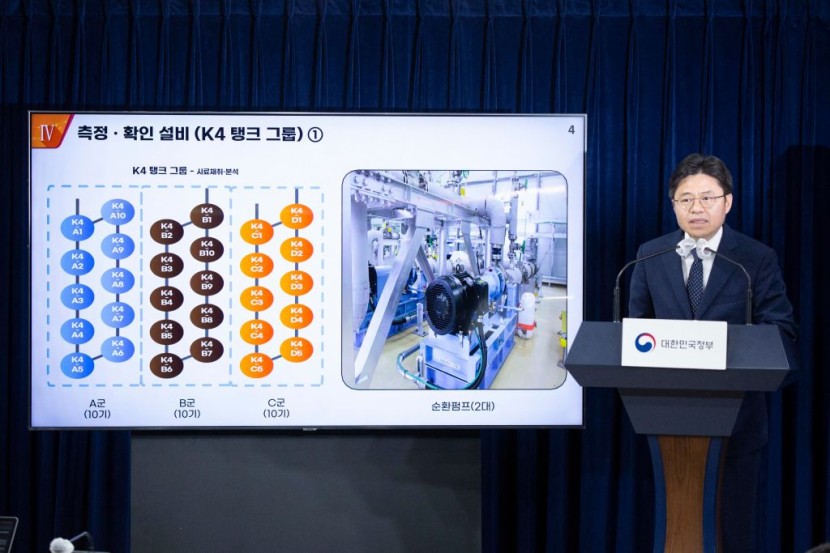
South Korean nuclear safety experts urge further analysis of Japan's plan to release nuclear water waste into the sea
The experts visited the Fukushima Daiichi nuclear station following the meltdown of its three reactors
The incident was a result of a magnitude 9.0 earthquake and tsunami that rocked Japan in 2011
South Korean nuclear safety experts who traveled to Japan and observed the wrecked Fukushima nuclear power plant said that detailed analysis is needed to verify Tokyo's plan to release the nuclear water waste into the sea.
The remarks come after the Fukushima Daiichi nuclear station was destroyed by a powerful magnitude 9.0 earthquake and tsunami that occurred in 2011, which resulted in the meltdown of the plant's three reactors.
Japan's Plan To Release Nuclear Water Into the Sea
The Japanese government is planning to release more than one million tons of nuclear-contaminated water into the sea. The water was mainly used to cool the reactors of the power plant. The plans, which were set to release the contaminated waste by this summer, triggered alarm both locally and internationally, especially among fishing communities, as per Reuters.
During a briefing, the chairman of the Nuclear Safety and Security Commission, Yoo Guk-hee, who led a delegation on a site visit to Japan last week, said that South Korea was reviewing whether or not Tokyo has an appropriate discharge plan based on scientific and technological standpoints.
On the other hand, the Japanese utility that is responsible for the plant as well as the government said that the water is safe after it is treated, filtered, and diluted. However, they argued that it does contain some traces of tritium.
Yoo added that there was some progress in checking facilities and securing samples and documents. However, he noted that further work is needed to reach any conclusion regarding the safety of the water waste.
A team from South Korea that was made up of 21 members made the six-day trip to Japan for water purification, transport, and release of equipment. They also conducted sampling and analysis of facilities, according to Channel News Asia.
Analyzing the Contaminated Water
The nuclear experts' visit came after South Korean President Yoon Suk Yeol and Japanese Prime Minister Fumio Kishida attended a summit in Seoul last month. The event was seen as a break to the stalemate in relations between the two countries after years of tension despite both being allies of the United States.
In a statement, the International Atomic Energy Agency (IAEA) added that it was also conducting a safety review of Japan's plan to discharge nuclear water waste. The company is expected to announce the result of its review in the next few weeks.
Japan cooperated with South Korea's nuclear experts during the investigation, providing data that showed levels of radioactivity in the water before and after the treatment process. That process was something that also needed to be analyzed and confirmed.
Some scientists have argued that the impact brought by long-term, low-exposures to radionuclides is still unknown. This is the reasoning that they used in arguing that the release of the contaminated water should be delayed, said the Associated Press.
Related Article : Erdogan Extends Rule to Third Decade, Sets Sights on Istanbul








